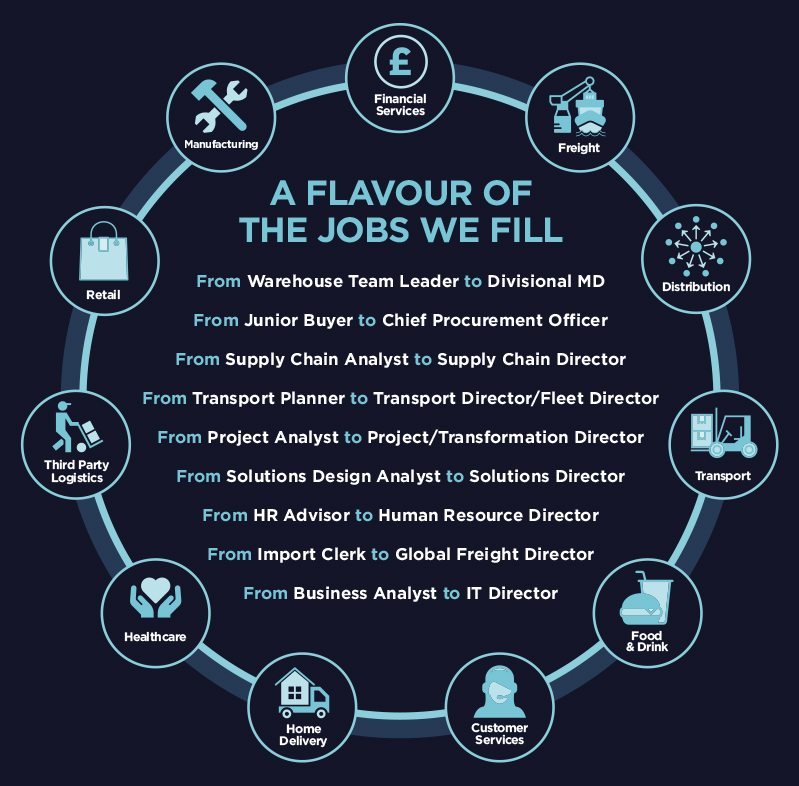Call us 01604 876 345





Bis Henderson Recruitment – the quickest
route to exceptional candidates
START YOUR SEARCH
LEARN MORE

Calling all candidates
we have hundreds of roles currently available,
register your details now and we'll be in touch
with a selection of tailored opportunities
REGISTER NOW
Call us 01604 876 345
As a recruitment specialist, Bis Henderson works with businesses to successfully hire supply chain, logistics and procurement professionals on a permanent and interim basis across professional, management and executive roles.
With 30 years of experience in search and selection, an unrivalled industry network and a team of directors with first-hand relevant industry experience, we deliver candidates that meet our client’s objectives – every time.
So whether you’ve been struggling to find the right candidate, you don’t have time to fill your vacancy on your own, or if the role you need to fill is highly specialised – our dedicated supply chain consultants can build a campaign to deliver a shortlist of ideal, high-calibre candidates within days of your initial contact.


Bis Henderson Recruitment has been recruiting for over 30 years in the Supply Chain and Logistics sector; as you can imagine, that’s some network we’ve built up. Our unparalleled contact base and the willingness of industry influencers to spend time with us allow us to find your perfect candidate quickly and effectively.
With the support of our vast network, we like to think that we are only one degree of separation from anyone in the industry; with our finger firmly on the pulse of all strands of the industry, we are best placed to provide fresh and experienced talent to match your business’s requirements.


Are you seeking individuals capable of total supply chain optimisation? We do this daily.
Are you looking for transportation and warehousing specialists? Our candidate base is 60,000+ strong.
Want eCommerce experience to develop/run e-fulfilment operations? 30% of what we do is omnichannel-related.
Are you sourcing experienced procurement professionals? Talk to our specialist procurement team.
We understand the significance of finding the right people for your business; we combine our recruitment and sector expertise to ensure high levels of cultural alignment between clients and candidates; this results in a level of ‘fit ‘that ensures the candidates we put forward do not only have the skills and experience required, but we also keep fallout rates to a minimum.














































eCommerce logistics refers to the processes and activities involved in managing and fulfilling online orders, from
Read more

In the ever-evolving landscape of eCommerce, the success of a company hinges significantly on the skills
Read more

Logistics is the backbone of any successful supply chain, orchestrating the seamless movement of goods, services,
Read more

In the fast-paced world of logistics, where supply chains are the backbone of global commerce, possessing
Read more

Bis Henderson recruiters frequently find that employers are unclear on which specific attributes they should look
Read more

Opportunities abound for those who dare, says Leigh Anderson, Managing Director at Bis Henderson Recruitment Until
Read more
Northampton Office
Panattoni Park
Weedon Road
Upper Heyford
Northampton
NN7 4DE
Amersham Office
Unit C2E Comet Studios
De Havilland Court
Penn Street
Amersham
HP7 0PX
Warrington Office
Griffin House
Barley Castle Trading Estate
Appleton
Warrington
WA4 4ST